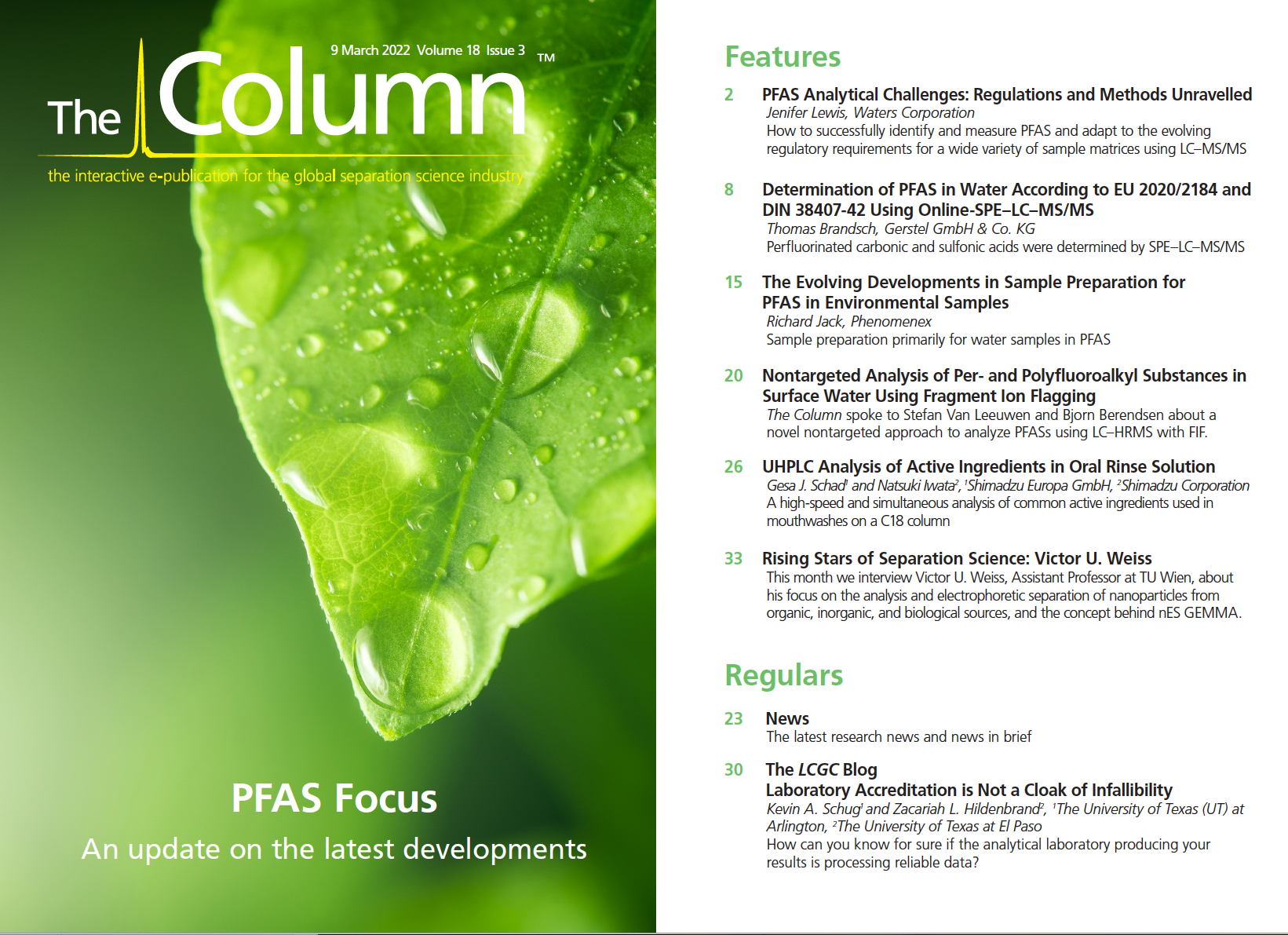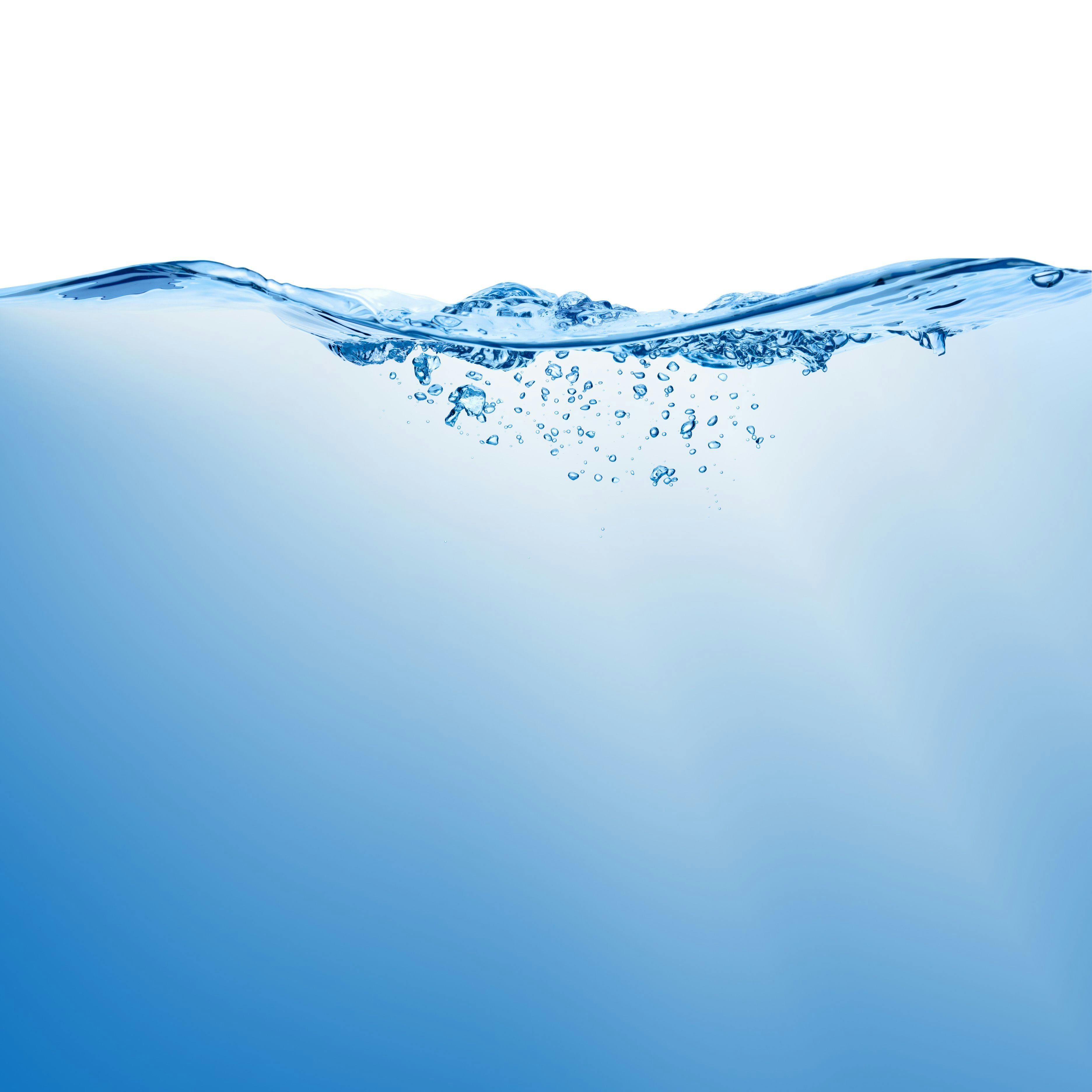Thermo Fisher Scientific Expands Pennsylvania Facilities
Thermo Fisher Scientific (Waltham, Massachusetts, USA) has announced a $40 million dollar upgrade of its single‑use technology manufacturing facility in Millersburg, Pennsylvania, USA. The expansion comes as part of a long-term, $650 million investment plan unveiled in 2021 to improve bioprocessing production capacity for critical materials used in developing new and existing biologics and vaccines.
The investment will create a new 47,000-square-foot warehouse at the site, with an additional 100 new hires as Thermo Fisher cites its belief that the site will employ more than 1000 workers once it is fully renovated by 2023.
Single-use technologies are essential in the development of a growing number of biological drugs and vaccines, and has created unprecedented demand for these products. The Millersburg site expansion will add significant capacity to continue providing the biopharma industry with the technology and materials needed to assist in developing new vaccines, cancer treatments, and breakthrough therapies for other conditions.
For more information, please visit: https://corporate.thermofisher.com

New TRC Facility Accelerates Innovation and Delivery
April 25th 2025We’ve expanded our capabilities with a state-of-the-art, 200,000 sq ft TRC facility in Toronto, completed in 2024 and staffed by over 100 PhD- and MSc-level scientists. This investment enables the development of more innovative compounds, a broader catalogue and custom offering, and streamlined operations for faster delivery. • Our extensive range of over 100,000 high-quality research chemicals—including APIs, metabolites, and impurities in both native and stable isotope-labelled forms—provides essential tools for uncovering molecular disease mechanisms and exploring new opportunities for therapeutic intervention.
New Guide: Characterising Impurity Standards – What Defines “Good Enough?”
April 25th 2025Impurity reference standards (IRSs) are essential for accurately identifying and quantifying impurities in pharmaceutical development and manufacturing. Yet, with limited regulatory guidance on how much characterisation is truly required for different applications, selecting the right standard can be challenging. To help, LGC has developed a new interactive multimedia guide, packed with expert insights to support your decision-making and give you greater confidence when choosing the right IRS for your specific needs.

.png&w=3840&q=75)

.png&w=3840&q=75)



.png&w=3840&q=75)



.png&w=3840&q=75)
















